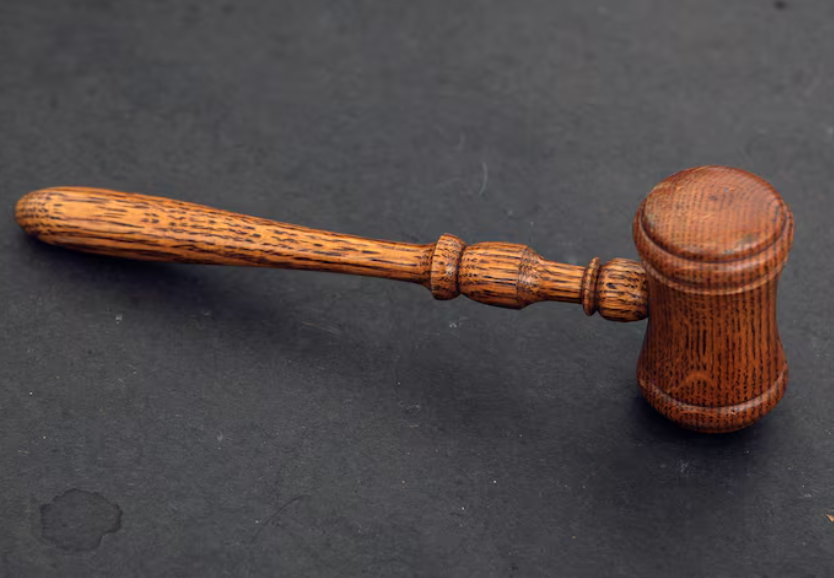A federal judge on Monday allowed a lawsuit to proceed that challenges the mandatory membership in the Wisconsin State Bar, arguing that it violates the free speech rights of members who oppose certain initiatives, including diversity programs. U.S. Magistrate Judge Stephen Dries denied the Wisconsin State Bar’s motion to dismiss the lawsuit, which was brought by Daniel Suhr, a Wisconsin attorney represented by the conservative legal advocacy group Wisconsin Institute for Law & Liberty (WILL).
Suhr claims that requiring him to join a bar association that uses mandatory dues to fund diversity programs, which he argues discriminate against white men, violates his First Amendment rights. He further contends that any political activities funded by these dues infringe upon his free speech rights.
Judge Dries wrote that Suhr should be given the opportunity to prove through discovery whether the bar is using mandatory dues to support “non-germane” activities, which are unrelated to the regulation of the legal profession or the improvement of legal services. Dries also noted that courts have not yet definitively ruled on whether mandatory membership in bar associations that engage in political or ideological activities is lawful.
Over half of U.S. states, including California, Florida, and Texas, require lawyers to be members of their state bars and pay dues. In 1990, the U.S. Supreme Court ruled that while mandatory bar associations may use dues to regulate the legal profession and improve legal services, they cannot use them for political or ideological initiatives. The Court also held that bar associations must refund a portion of the dues to members who object to funding non-germane activities. However, Suhr’s lawsuit focuses on the broader legality of mandatory bar associations, not just the use of dues.
WILL attorney Skylar Croy described Monday’s ruling as a significant step toward restoring the First Amendment rights of Wisconsin lawyers, stating, “No citizen should be forced to join and fund a group that advocates for causes with which he or she disagrees.” Although Judge Dries allowed Suhr’s lawsuit to continue, he dismissed three state bar leaders as individual defendants and rejected claims for monetary damages.
On Tuesday, Wisconsin State Bar president Ryan Billings responded, stating that the bar would demonstrate in court that its activities and procedures are “constitutionally permissible.” He also pointed out that similar legal challenges have previously been unsuccessful.
Suhr initially filed the lawsuit in December 2023, arguing that the bar’s diversity fellowship program for law students violated the free speech rights of bar members whose dues funded it. In April, the parties reached a partial settlement, leading to modifications in the diversity fellowship program, allowing all first-year students at the state’s two law schools to apply. Suhr then filed an amended complaint that same month, alleging that the state bar is using his dues to fund a leadership program that discriminates by prioritizing women and minority participants, along with other non-germane diversity efforts. He also argued that while the bar allows members to opt out of funding non-germane activities, the process is opaque, and it’s unclear whether the state bar is properly categorizing those expenses.

